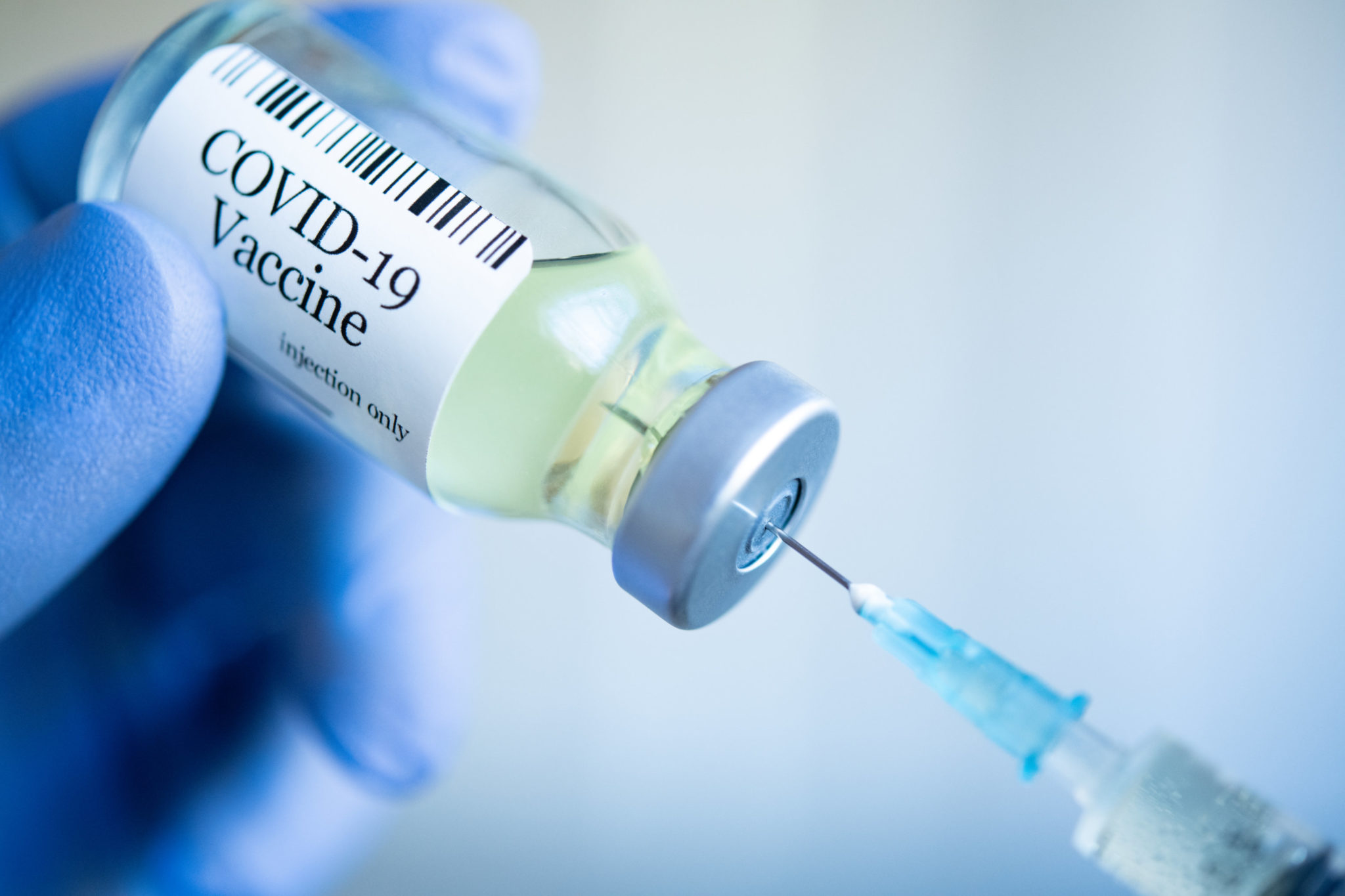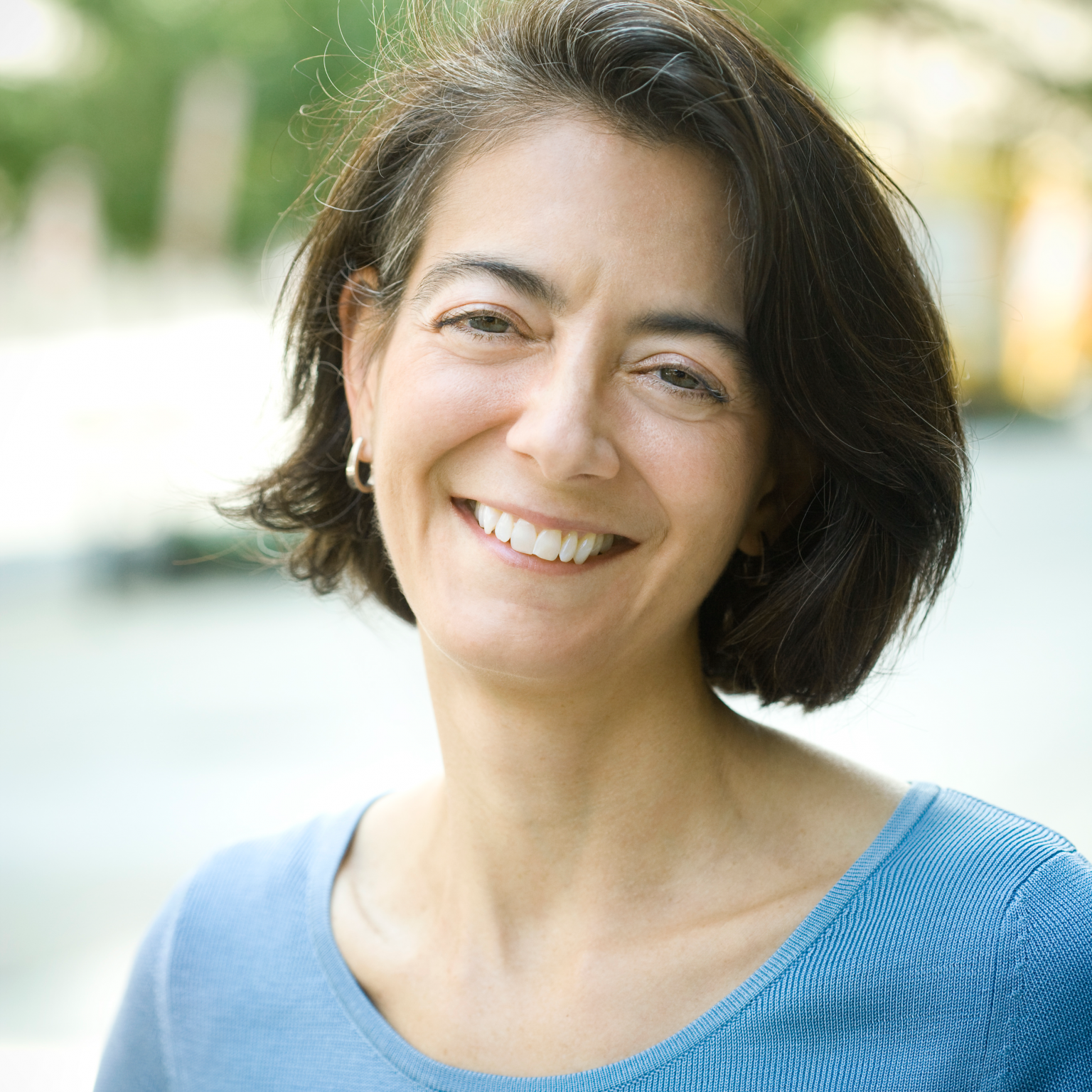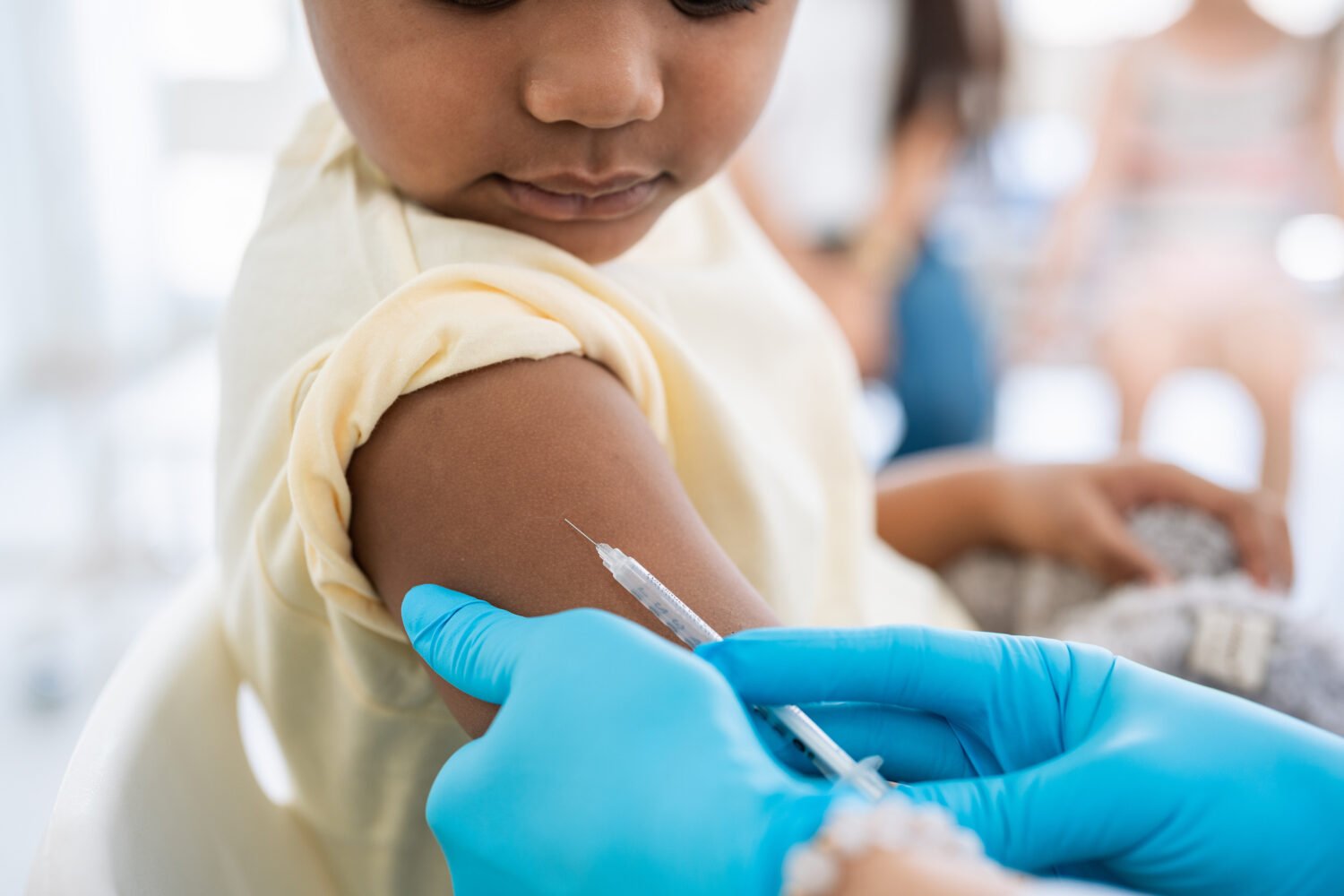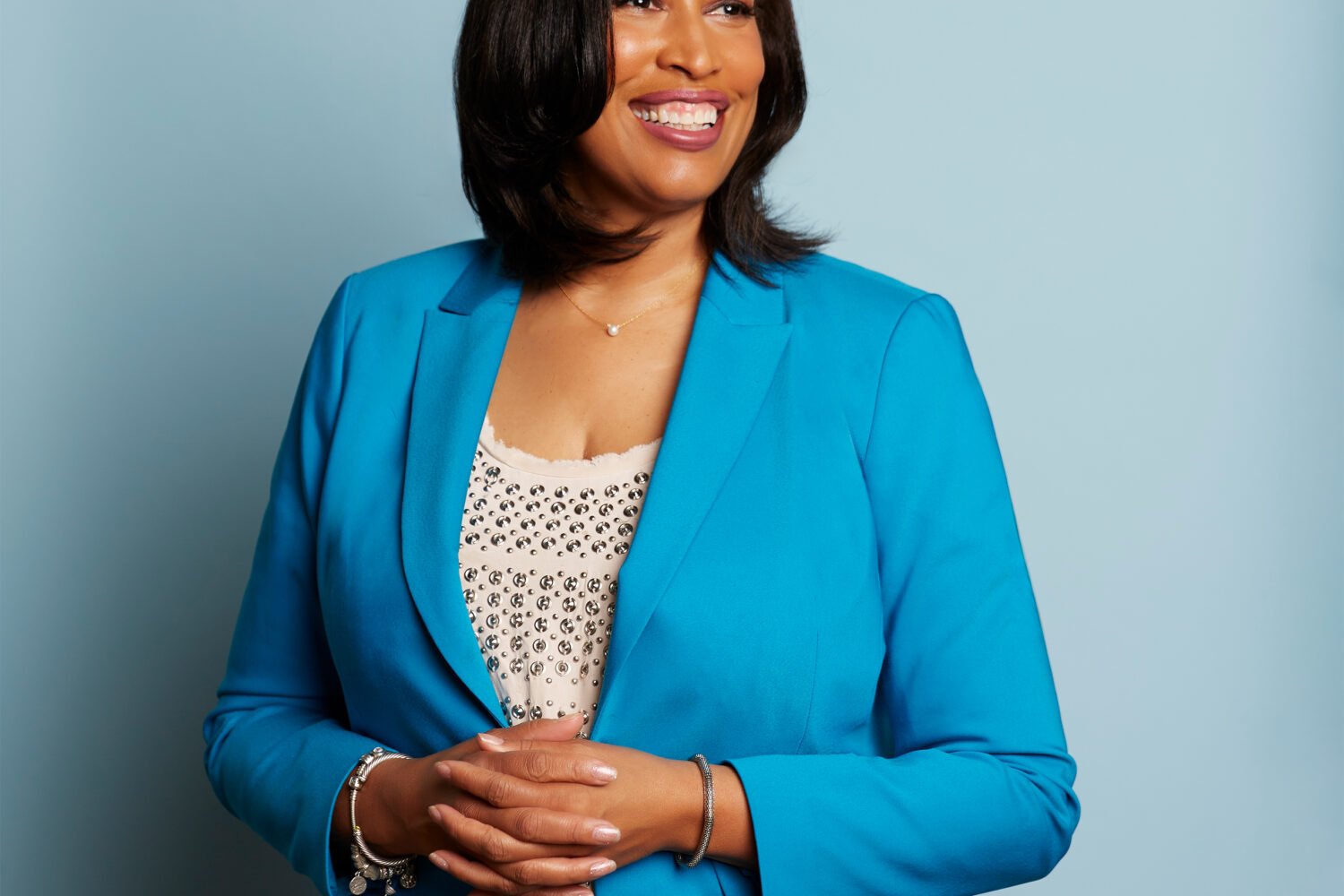The Tweet, flagged by a friend last Tuesday, seemed too good to be true: It claimed that a mass vaccination site in Baltimore couldn’t fill its appointments—that it had more supply than demand—and it was willing to accept arms from anywhere, including DC residents who didn’t fit any of the current eligibility criteria. “I feel weird about this, but I’m calling,” my friend texted. “If I get through, want me to sign you up?”
I was distracted by something else that day, so simply answered “sure.” I figured it was a rumor, and she’d strike out.
Shortly after, my friend texted that she’d gotten us both appointments at M&T Stadium at 10:15 on Sunday. I was still too distracted to really process this. I could not understand how we’d gotten these appointments, but I had seen news coverage about how vaccine supplies had picked up, and figured that was the answer.
A few days later, when I had a chance to focus on the upcoming appointment, my reporter’s instincts kicked in and I searched online for more information. That’s when I saw a news report about how a mass vaccination site in Waldorf was getting more out-of-staters than county residents. Maryland had issued a statement saying that while it preferred to prioritize its own residents for a vaccine allotted to the state, they would not turn away anyone who needed a vaccine.
My friend had not lied to get our appointments: The scheduler knew we lived in DC, and that we were not over age 60, as currently required in Maryland. I emailed my friend: Had the scheduler asked about pre-existing conditions or our professions—answers that would have determined eligibility? No, she answered. But the scheduler had told her that we might be turned away when we got there. I was confused: Why take appointments for people who could be turned away?
My radar was up. Were we doing something wrong? My friend and I were both conflicted.
I did some more digging, reading the comment thread from that initial Tweet that had sparked my friend to call. Some posters shared that they’d gotten appointments, while others who had called were told that it was a rumor and that Maryland was not scheduling shots for out-of-state people or those who didn’t qualify. The chance of getting an appointment, it seemed, depended on who answered the phone.
Some posts rationalized the idea of crossing state lines to get a shot, saying that out-of-staters, including Marylanders, had taken an inordinate share of DC’s vaccine allotment, so all was fair. I saw their point—it does seem unfair that some states, such as NH, can refuse to vaccinate non-residents—even people who work or go to college in the state—while DC is more generous. Yet, that sense of equity and social justice, that we’re all in this together, is one thing I love about DC and why, after moving here decades ago from, yes, New Hampshire, I have stayed. Also, Maryland and Virginia residents who’ve gotten shots in DC were healthcare professionals and others who currently qualify. This situation was different.
Some people who scored appointments at M&T Stadium but who were not yet eligible for a vaccine argued that the point was to get as many shots in arms as quickly as possible, so to heck with waiting their turn. Besides, everyone who had gotten a slot without meeting eligibility said on social media that they’d answered all the questions honestly, as had my friend. If Maryland schedulers were looking the other way because they couldn’t fill appointment slots, as some people claimed, DC residents were happy to take them.
But was it true that Marylanders didn’t want those shots so ineligible people were allowed to fill them? While writing this article, I reached out to the Maryland Department of Health and got this response from Charles Gischlar, deputy director of the Office of Communications: “No, that is not true. There is still high demand for vaccinations among many groups,” he said, adding that providers “are required to make reasonable efforts to ensure that patients are eligible for vaccination.” In fact, some Marylanders seem to be having trouble getting appointments. Earlier this month, Governor Larry Hogan announced that priority appointments would be set aside for the communities around mass vaccination sites. At the Six Flags America mass vaccination site, for example, at least 2,100 priority slots would be reserved for county residents who, according to Prince George’s County Executive Angela Alsobrooks, before this change had received only about 10 percent of vaccines distributed at Six Flags.
It was becoming less clear to me that these were doses that would go to waste if they weren’t put into anyone’s arm—the way the opportunity had originally been presented. These weren’t unfrozen, open vials that would be tossed at the end of the day—a situation in which I feel it’s okay to give the shot to someone not currently eligible. These were shots meant for the elderly, for frontline responders, for teachers, and for others in the current phase Maryland is vaccinating. If I took this shot, I’d be jumping the line and taking away a jab from someone more deserving. So, I canceled my appointment.
I’m not looking for a pat on the back for doing what some will say was obvious. Because I’m not going to lie: I wanted that shot, and I wrestled with the decision. Like a lot of people wrestling with an ethical dilemma, I had a rationalization at my disposal: Maybe there is a greater good to getting vaccinated before my turn? Unlike a lot of people wrestling with an ethical dilemma, my rationalization actually had some merit to it: More vaccinated people, period, is good for society, even if it’s not as optimal having people vaccinated in a certain order. While I have strived to live a good life, and to do what’s fair and right, I didn’t make my decision just because I have some super strong moral compass. I canceled partly out of guilt. In the end, I decided I’d be taking something that did not belong to me. It would be like finding a suitcase stuffed with money—sure, it would be great to keep the cash, but I’d turn it in every time. As a relatively healthy person who works from home and these days double-masks when out, my risk of catching Covid seems low. With vaccines opening up to every adult in DC by May 1, I have to wait just a few more weeks to make an appointment that’s legit.
I don’t judge anyone who is not in the current vaccine phase but who managed to snag an appointment and kept it. Covid is scary, this pandemic has gone on too long, and there’s now a surge because of relaxed regulations in parts of the country. On Sunday, the day when I would have had my appointment, I was unexpectedly sad—and I second-guessed having taken the moral high ground during a pandemic. At one point I broke down sobbing when I realized that, for a few days, I had bought into the promise of that first shot—it would mean that in a few short weeks, I’d be protected and could hug vaccinated friends and perhaps visit my mother, whom I have not seen in a year-and-a-half. Now who knows how long it will be before I get an actual shot—and a shot to see her?
I don’t fault the vaccine hunters looking for early doses (sometimes driving hours to others states where they are eligible) or the schedulers at vaccination sites for creating the ethical dilemmas we’re facing. I blame the chaotic system that allocates vaccines and schedules vaccinations. Some areas have more than enough doses while others, particularly DC, apparently have so little supply it’s like vaccine Hunger Games. The result is that some of us in the Washington area scroll through Facebook and Instagram and see friends our own age or younger, in other states, already getting a shot when we can’t—creating vaccine envy.
It’s a flawed system, for sure, though it had to be thrown together quickly. The question may be, when we can all look back: Did we get enough people vaccinated and get to herd immunity because we lived by the vaccination rules, however flawed they may seem, or because we bent the rules?


















